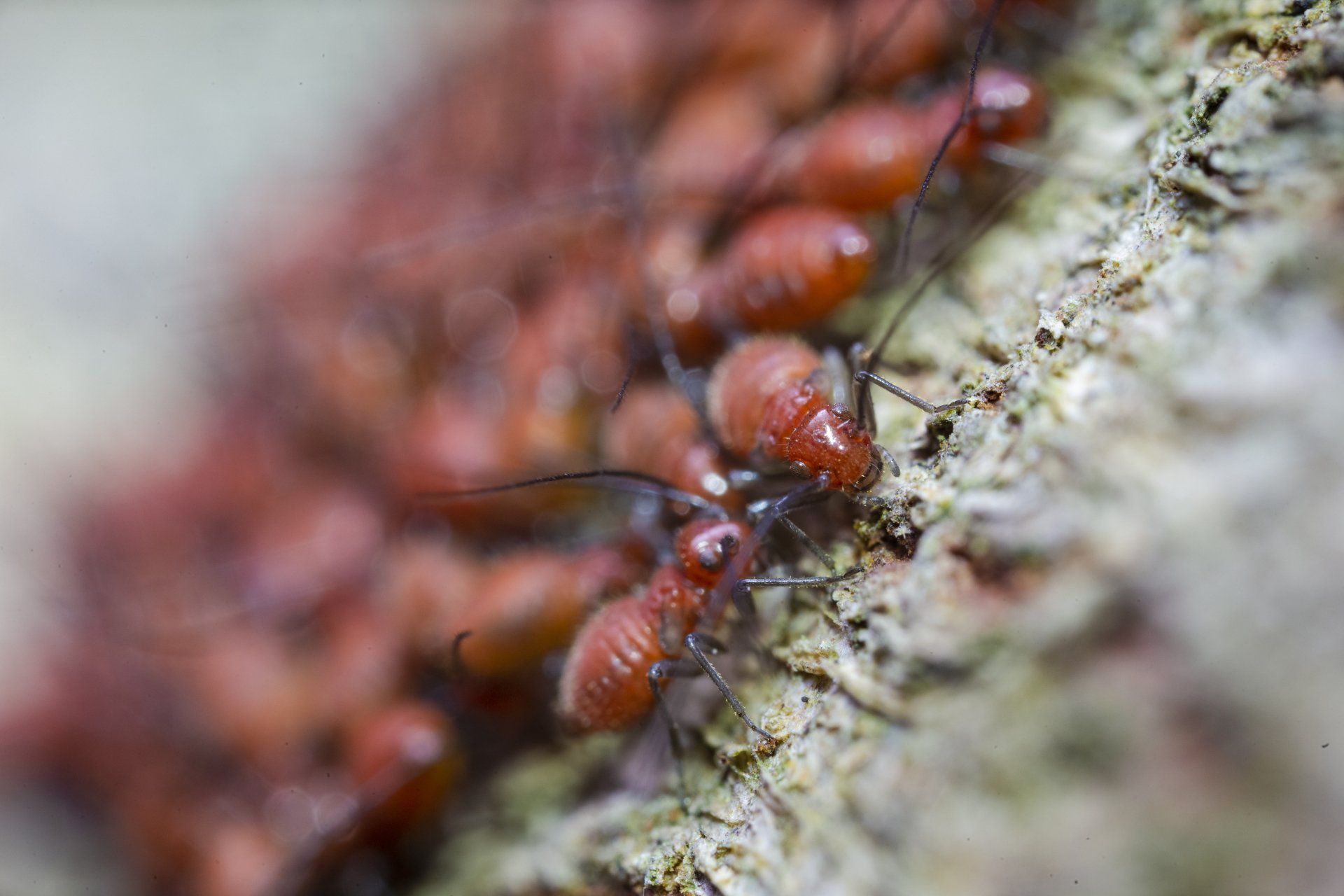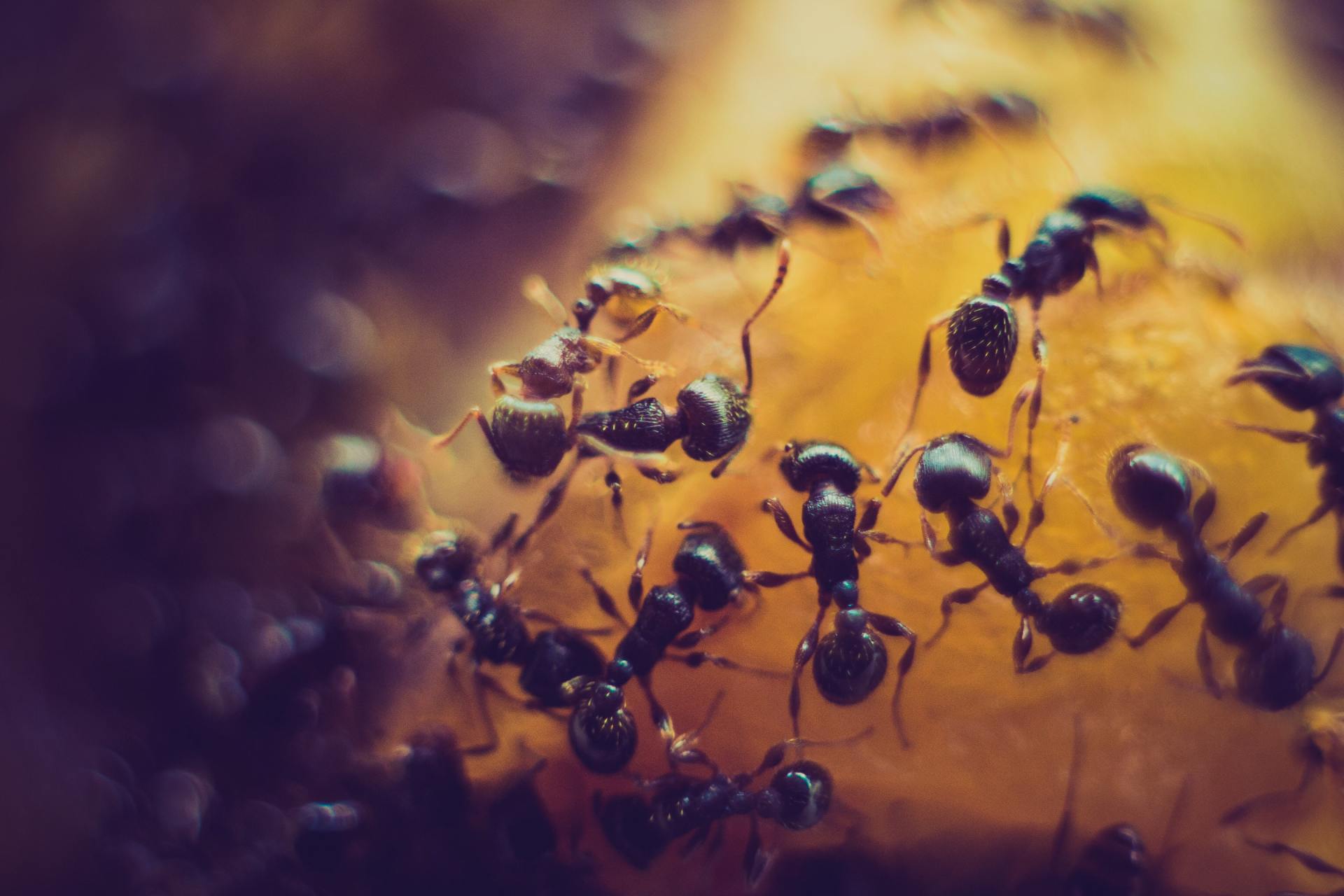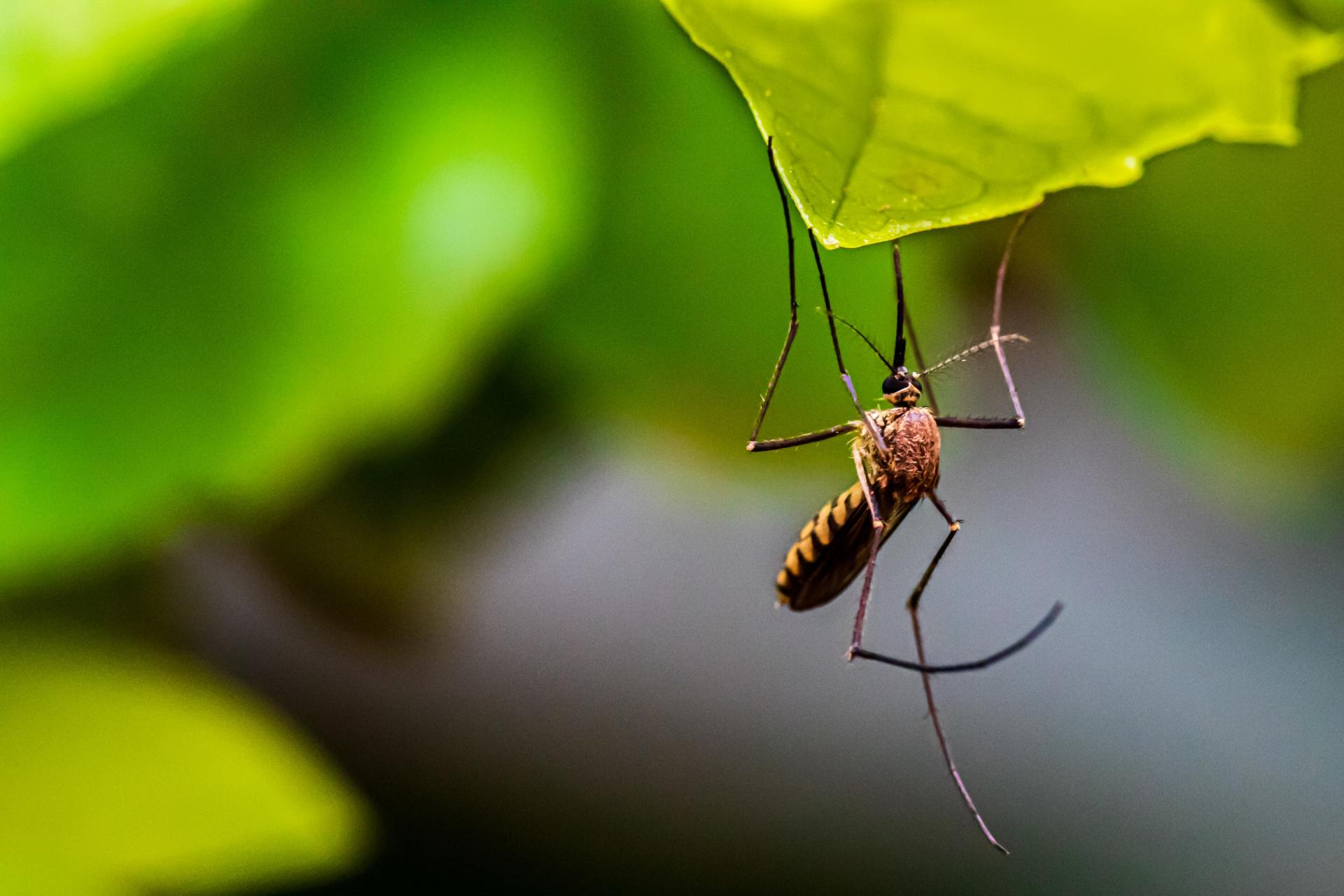How to Keep Your Dog Safe Against Backyard Pests
Our dogs are part of our family...here are a few tips on how to help keep them safe!

How to Keep Your Dog Safe Against Backyard Pests
As a fur parent, keeping your pup safe from harm is likely a priority, especially when it comes to backyard pests. Even if your pup loves the outdoors, their safety should always be your top concern. Fortunately, there are several simple steps you can take to protect your pup from pests that could put their health in danger.
Understanding Common Backyard Pests
The first step in protecting your pup is gaining a better understanding of common backyard pests, including both insects and animals. Knowing which pests are a risk in your area and how to watch for signs of them will help you take the necessary precautions to protect your pup.
Common Insects:
Mosquitoes: Mosquitoes are a common pest throughout most parts of the United States and can cause serious health issues for humans and animals. From West Nile virus to heartworm, these pesky insects can significantly threaten your pup's health.
Ticks: Ticks are another type of insect that can carry serious diseases and risk your pup's health. Lyme disease is one of the more well-known tick-borne illnesses, but ticks can also transmit Rocky Mountain spotted fever, ehrlichiosis, and anaplasmosis.
Fleas: Fleas are likely the most common type of backyard pest that could impact your pup's health. Not only can fleas cause irritation and discomfort, but they can also transmit tapeworms and anemia to pets if left untreated.
Common Animals
Raccoons: Besides being destructive to property, raccoons are known carriers of rabies, roundworm, and leptospirosis — all of which could potentially threaten the health of your pup if an interaction were to occur between them. In some areas, they can also infect pets with canine distemper virus and parvovirus.
Possums: Opossums may seem harmless enough but they're known carriers of fleas and ticks as well as diseases like leptospirosis, canine distemper virus, and parvovirus. In addition, opossums may become aggressive when cornered if they feel threatened.
Skunks: Skunks may not seem like a high-risk backyard pest, but they can be quite dangerous nonetheless. Skunks are known carriers of rabies and have musk glands that they use to spray an offensive-smelling liquid when threatened. This musk can cause eye irritation in humans and animals and make your pup very uncomfortable if exposed to it.
Snakes: Snakes may seem like an unlikely pest for urban areas, but they can live in almost any environment — even suburban backyards! Fortunately, most snakes in the United States are non-venomous; however, some species carry venomous bites that could be potentially fatal for pets if not treated immediately by a veterinarian.
Birds: While birds may not pose the same health risks as other backyard pests, they can still cause significant damage to property (namely landscaping and gardens) as well as carry parasites like mites or fleas that could infect pets if left untreated.
Steps To Keeping Your Pet Safe From Backyard Pests
Once you're familiar with the types of bugs and animals that could endanger your pup's well-being, there are several steps you can take to discourage them from entering your yard or otherwise coming into contact with your pet:
Maintain Your Yard
Keeping your lawn free of debris — such as fallen trees and branches — will help discourage pests from taking up residence in or near your yard; likewise, removing piles of leaves or other organic material will reduce the number of mosquitoes present in your area. You should also maintain gardens or flower beds regularly to keep them from becoming overrun by birds or other pests.
Install a Fence
If there are animals such as raccoons or skunks in your area, consider installing a fence around the perimeter of your yard to deter them from entering or taking shelter on your property; likewise, burying the chicken wire around plants will prevent birds from eating fruit or vegetables grown in gardens or flower beds.
Remove Standing Water
Mosquitoes lay their eggs in standing water, so eliminating puddles or streams from near the perimeter of your yard is essential for discouraging these pests from entering your area; you should also avoid leaving containers outdoors that could collect rainwater, such as buckets or tires
Use Insect Repellants
If you're planning on taking your pup on a walk near ponds or other marshy areas (or even just into the woods), consider spraying them with insect repellent before heading out; also consider treating their bedding with tick-repellent spray if they often spend time outdoors or frequently venture off into tick-infested areas
Talk To Your Vet About Heartworm Medication
Heartworm is an insidious type of parasite most commonly transmitted through mosquitoes; while heartworm prevention medicine won't protect against all pests — it's still wise to talk to your vet about prescribing heartworm prevention medicine for your pup since it will help safeguard them against any heartworm-spreading mosquitoes that may come into contact with them
Check Your Pet Regularly For Parasites/Insect Bites
Lastly—it's important to routinely check for parasites like fleas/ticks when brushing or grooming your pet, as well as any insect bites (especially around the neck/shoulders). Keeping an eye out for signs of infestation will help you avoid any health issues related to parasites before they become more severe—so it’s always better to be safe than sorry!
Conclusion
Pests may seem like an unavoidable part of living outdoors—but with a bit of know-how and extra care—you can ensure that activities with your pup stay both fun and safe! Knowing which types of bugs and animals exist in your area will help you be better prepared when venturing into potentially pest-infested areas; likewise—maintaining safety precautions such as installing fences/burying wire around gardens/flower beds—as well as regularly checking for parasites/insect bites—will go a long way towards safeguarding both you and your pet when enjoying time outdoors together!
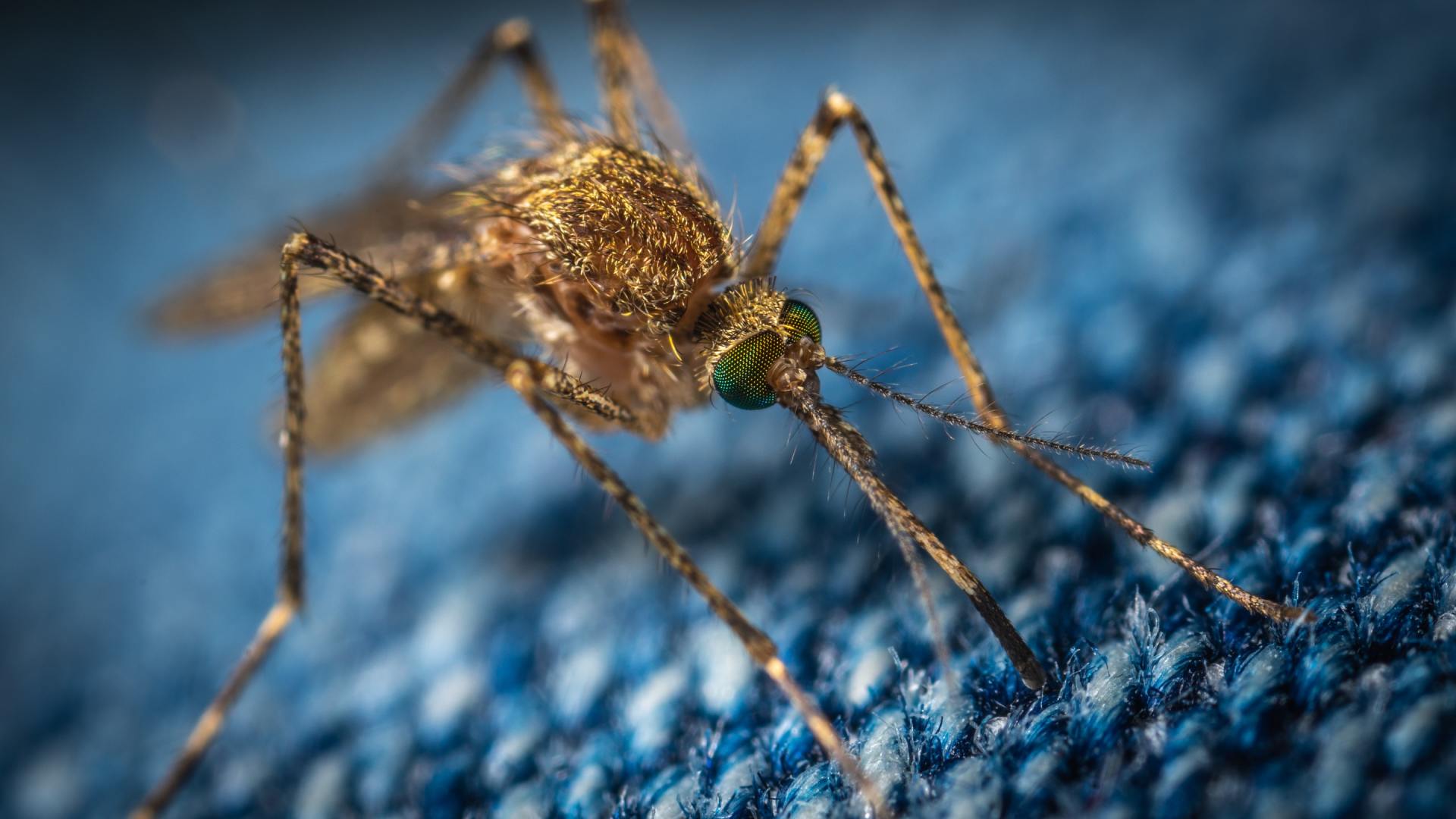
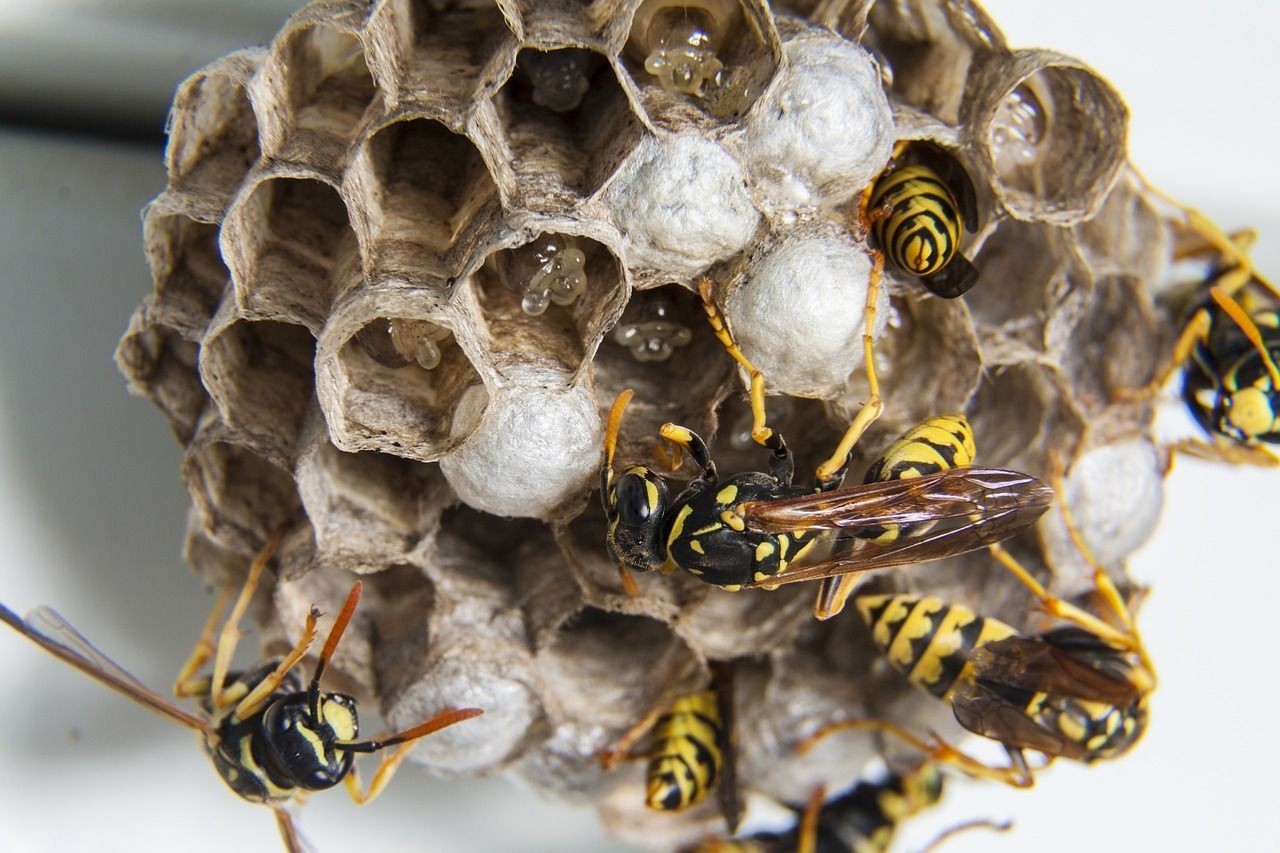

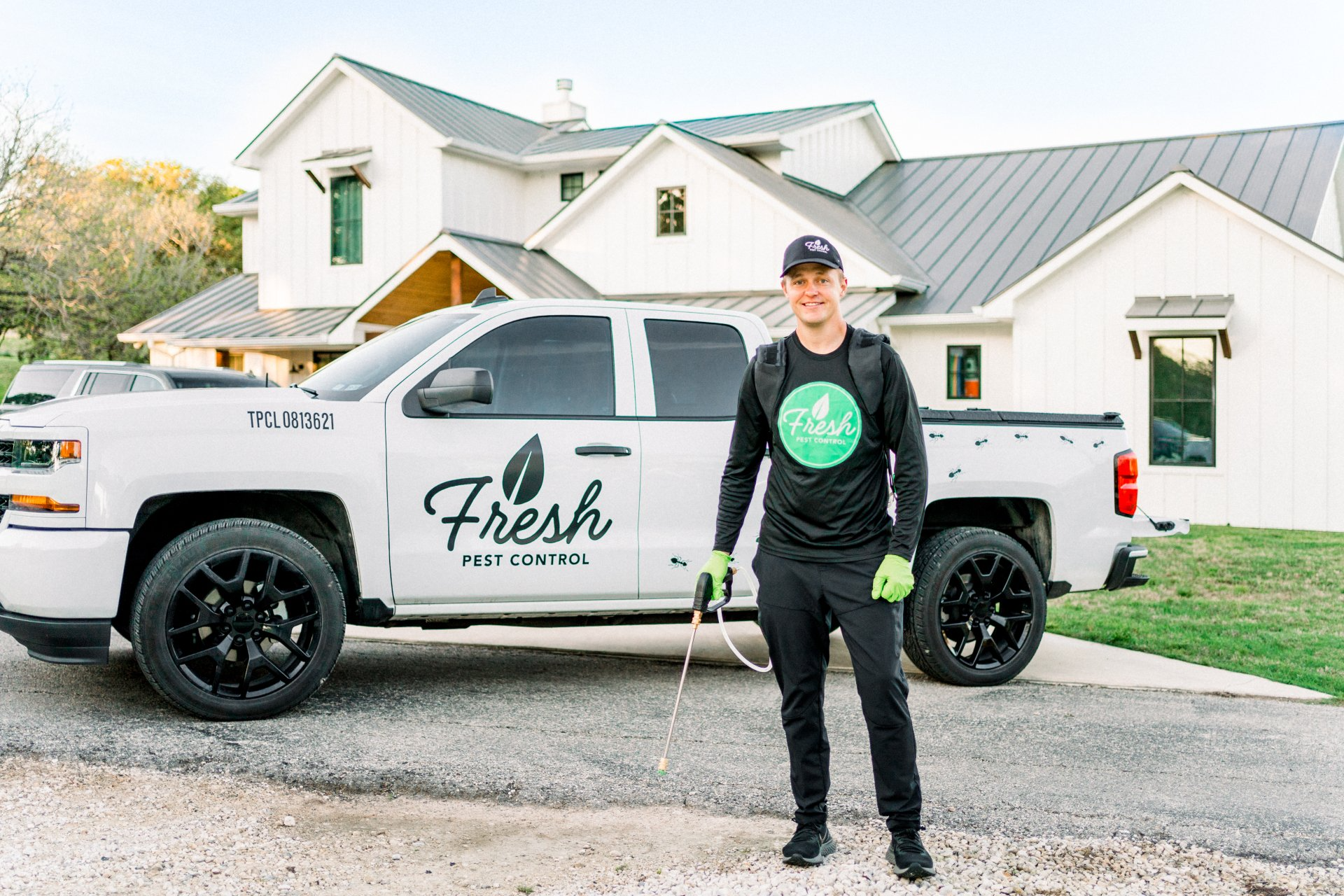
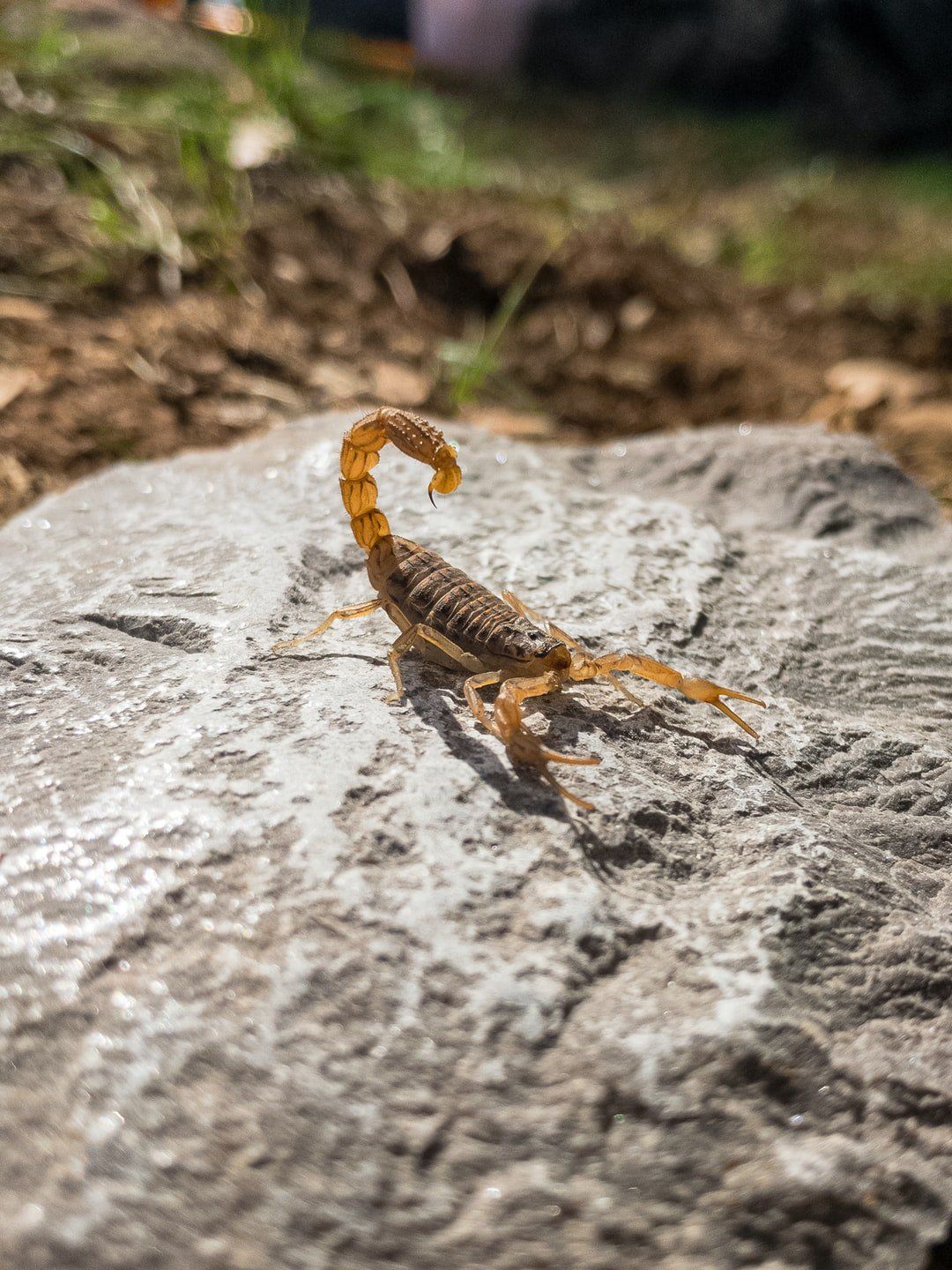

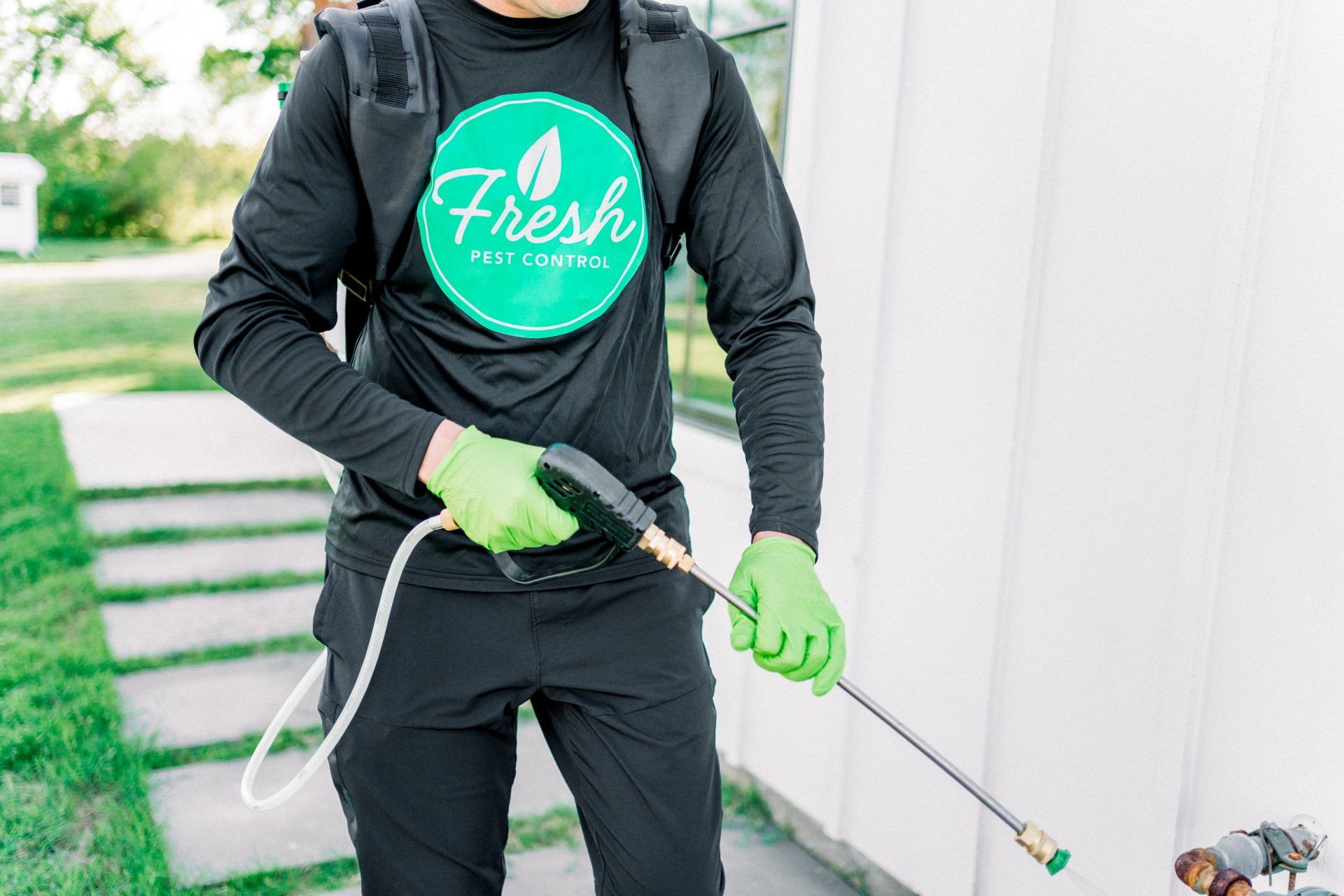
All Rights Reserved | Privacy Policy
